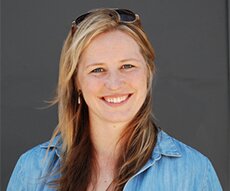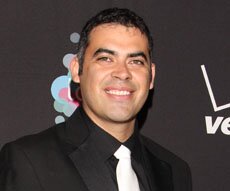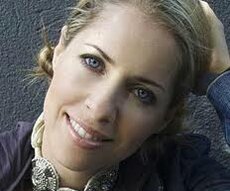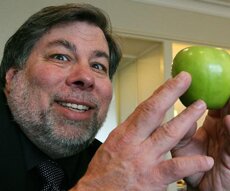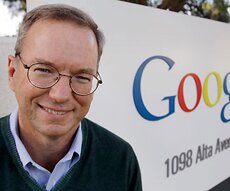 (The full version of the article is available at 123helpme.org.)
(The full version of the article is available at 123helpme.org.)
A few years before co-founding Intel, one of the largest and most revered semiconductor chip makers in the world, Moore wrote that the amount of transistors on integrated circuits — essentially, the complexity of computers — doubles every two years. Now called “Moore’s Law,” that estimate is gospel in the computer industry, and Moore a prophet of Silicon Valley. In the early years, as electronics were being installed into almost every consumer item, “we had the feeling that this was the basic technology of some kind of a revolution,” he said in a 2012 NPR interview with himself and fellow Intel icon Andy Grove Ph.D. ’63. Still wanting to do more, Moore and his wife began the Gordon and Betty Moore Foundation in 2000 to support their combined passions: environmental conservation, patient care, science, and Bay Area-focused projects. The foundation emphasizes planning, partnership, and — when necessary — learning from mistakes. “Failures are not something to be avoided. You want to have them happen as quickly as you can so you can make progress rapidly,” Moore once said. He received the Berkeley Medal in 1996, the university’s highest honor.
Business and Economics, Honors and Awards, Innovators, Technology and Engineering


